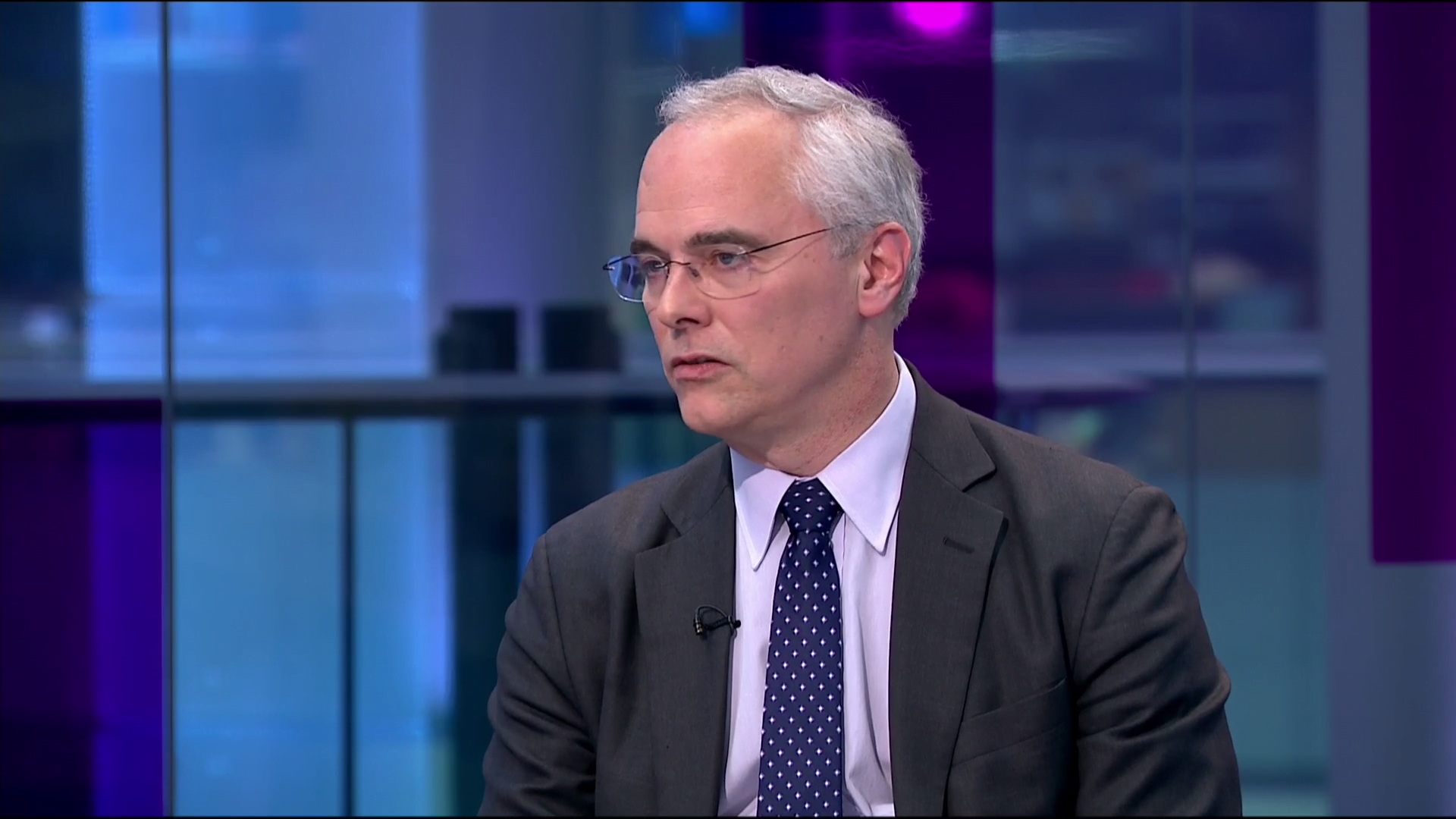Richard Hatchett, CEO of CEPI (Coalition for Epidemic Preparedness Innovations), who is on a visit to India, spoke with HT about India receiving global attention by producing and developing anti-Covid vaccinations in less than a year, as well as pandemic lessons learned.
Why are you in India, and what do you believe India’s role is in global health care?
We already have a number of government and private collaborations in India, and we are eager to expand them — whether with ICMR, DBT, Serum Institute, or other partners. We are enthused about India’s chances to play a significant leadership role within the G20. We are engaging with multiple government departments to discuss Indian goals, our perceptions of potential prospects, and how we can assist. There are numerous prospects for global investments that governments around the world are about to pursue. Hopefully, we will all collaborate to produce better vaccines, therapies, and diagnostics.
Did the rapid development and production of Covid vaccines in India garner global attention?
Absolutely! India’s contributions to the world’s overall production have been enormous. And it wasn’t just one company — there was also Serum Institute of India), Bharat Biotech, and Biological E – India had a number of indigenous achievements. India’s unique position in terms of legitimacy when communicating to countries outside of the global north is the second item that attracts my notice. It also brings together a significant amount of scientific and industrial expertise.
What have been the lessons learned from the pandemic?
There are numerous lessons to be learned from the epidemic. We achieved significant scientific progress. Global scientific cooperation worked exceptionally well during the pandemic; we also had a number of technologies that were proven for the first time in the vaccine area, including mRNA technology, novel ways to produce protein-based vaccines, etc. These were not instantaneous achievements; they had been fermenting for some time but had not yet reached the finish line. The fact that we were able to respond so rapidly was also proof of concept for an approach to preparedness, and not just because of the technology, but also because of the preceding investment in learning how to create countermeasures against coronaviruses.
